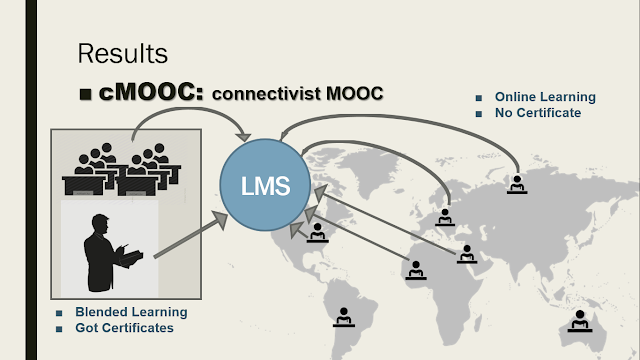This literature review addresses the issues of MOOC
Common issues in MOOCs are high dropout rate, accreditation and business model
Other MOOCs issues are reputation, pedagogy, research ethics, student assessment and language barrier
Higher education institutions should consider those issues before adopting MOOCs
Abstract
Over the last years, educators have been forced to rethink about the whole education system. In 2005, Connectivism, a new learning theory, was emerged. Consequently, Massive Open Online Courses (MOOCs) have been presented as an alternative powerful educational system. Money was invested and tens of for-profit and non-profit companies involved in producing MOOC. However, integrating and adopting MOOC in educational institutions worldwide is still questionable. This literature review paper addressed and discussed the issues that higher education institutions should consider before adopting MOOC. The findings showed eight considerable, interrelated and controllable MOOC issues: high dropout rate, accreditation, business model, reputation, pedagogy, research ethics, student assessment and language barrier. Policy makers in higher education institutions should be aware of these issues before including MOOC in their development plans. In addition, the paper presented a number of possible future studies.Keywords:
Connectivsim
Higher Education
MOOC
Massive Open Online Courses
Online Learning
SPOC
cMOOC
xMOOC
Cited as:
Aldahdouh, A. A., & Osório, A. J. (2016). Planning to design MOOC? Think first! The Online Journal of Distance Education and E-Learning, 4(2), 47–57. Retrieved from https://www.tojdel.net/journals/tojdel/articles/v04i02/v04i02-06.pdf

Comments
Post a Comment